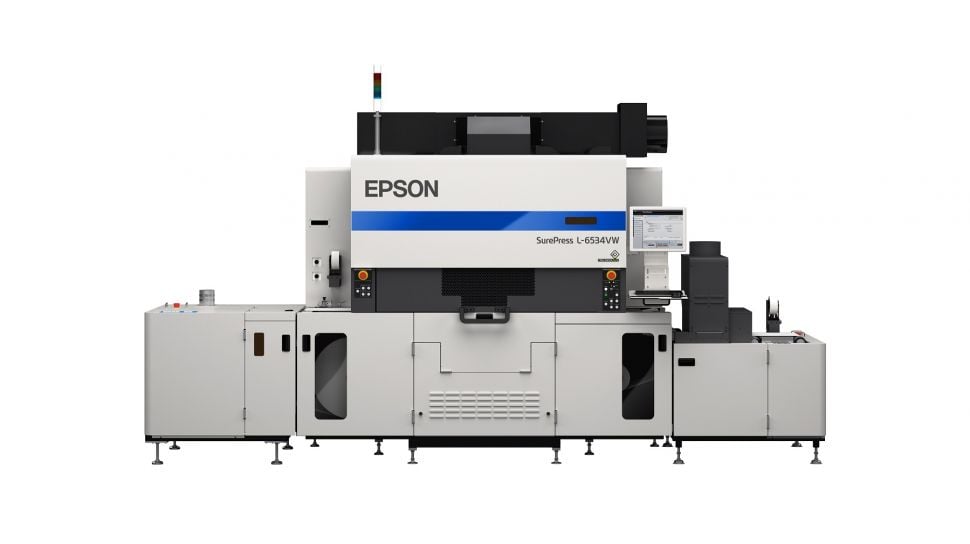People are queuing for Covid testing in Shenzhen, opposite China’s main border from Hong Kong. (AFP)
The airport in the southern Chinese metropolis of Shenzhen canceled hundreds of flights on Saturday and tightened access controls after a restaurant worker tested positive for the delta variant of the coronavirus.
Shenzhen Airport Group said in a statement that anyone entering the facility must have tested negative for a virus in the past 48 hours.
Health officials in the city of 13 million people said a 21-year-old waitress at Shenzhen Bao’an International Airport had contracted the delta-type virus. She tested positive on Thursday during a routine test of airport staff.
Shenzhen, just across the Hong Kong border from Hong Kong, is home to some of Asia’s largest technology companies, including telecom equipment maker Huawei and gaming giant Tencent.
China reported 30 new cases of the coronavirus on Friday, including six cases of local transmission in the southern province of Guangdong, where Shenzhen is located.
The access restrictions at the airport came into effect from 1 p.m. local time on Saturday.
Data from flight tracker VariFlight showed that nearly 400 flights to and from the airport were canceled on Friday. Dozens of flights scheduled for Saturday morning were also cancelled.
The airport authority said passengers will be refunded the value of their tickets without penalty.
Millions of Shenzhen residents have been tested for the virus in recent weeks after a minor outbreak in the city’s port earlier this month.
In other Covid news:
Pfizer for Indonesia
A senior official from Indonesia’s Ministry of Health said on Saturday that Indonesia will receive 50 million doses of Pfizer-BioNTech vaccines, with the first batch expected in August.
“Pfizer’s vaccines will arrive from August, with shipments of between 7.5 million and 12 million doses per month,” said Citi Nadia Tarmizi, adding that the delivery is the result of a direct government purchase.
Southeast Asia’s largest country has registered nearly two million coronavirus infections and 54,291 deaths since the start of the pandemic, the highest number in Southeast Asia.
The goal is to vaccinate 181.5 million people by next year. As of Saturday, 12.2 million people have received two doses of other vaccines.
Edge to BioNTech
BioNTech Covid vaccine elicited ‘significantly higher’ levels of antibodies than China-developed Sinovac vaccine, South China Morning Newspaper reported, citing a study conducted by the University of Hong Kong.
The paper quoted lead researcher Benjamin Colling as saying that the results indicate that some recipients of the Sinovac vaccine may require a third dose. The epidemiologist led a government-commissioned study to track the antibody responses of 1,000 people vaccinated.
The tests can’t pick up the small amounts of antibodies generated by the Sinovac vaccines, Cowling said. The paper said it was commenting on a recommendation by the government’s scientific advisers to shorten the quarantine time for vaccinated travelers who tested positive for antibodies but negative for the virus.
Penalty kick in Singapore
The Singapore government said more than half of the population had received at least one shot of the Covid vaccine, the first Southeast Asian country to pass that milestone. No other country in the region is so close.
“I was delighted this morning to receive an update that more than 50% of our population has received at least one dose of the Covid-19 vaccine,” Health Minister Ong Ye Kung posted on his Facebook page on Saturday. He said about 36% of the population received two doses.
The update comes as a relief to the city-state after the government scaled back plans to reopen last week amid dozens of new cases, even as some countries with similarly high vaccination rates are allowing social activities and travel to resume more freely. The government reported 14 new cases on Saturday.
The proportion of Singaporeans who suffer at least one stroke is double that of Hong Kong, where the figure is 25%, according to data collected by Bloomberg.
Ong said Singapore could keep most businesses open, but resuming travel, maintaining food and beverage outlets and gyms would require increased vaccination coverage.
“We are vaccinating as soon as possible, but supplies are limited due to high global demand,” he said.
Olympic viewing parties canceled
The governor of Tokyo has announced that all public showings of Olympic and Paralympic events will be canceled as part of precautions against the coronavirus.
Yuriko Koike told reporters that some of the six locations planned to be used to show events will instead be offered as COVID vaccination sites.
The announcement was made just about a month before the opening of the Tokyo Olympics, with the public concerned about a possible increase in coronavirus cases, caused by new contagious variants that remain strong while Japan’s vaccination coverage remains low. compared to many developed countries.
Tokyo reported 388 new cases of COVID-19 on Saturday.
The Japanese government said it will allow up to 10,000 people at major events in the country, as long as they do not exceed 50% of the venue capacity, in areas not covered by the state of emergency.
Government and Olympic officials are also considering applying politics to the Olympics.
UK quarantine rules revised
The UK government is considering changes to quarantine rules, potentially exempting twice-vaccinated Britons from 10-day isolation if they come into contact with Covid, according to the… London times.
Instead, people contacted through the testing and tracing system can choose to take a test every morning for a week, with any negative result giving them a 24-hour exemption from the legal requirement to self-isolate, reported the newspaper.
Moscow sets a record
Moscow on Saturday reported a surge in the new coronavirus pandemic for the second day in a row as the city’s hospitals were flooded with new patients due to the delta variable.
The city registered 9,120 new cases of coronavirus in 24 hours. Just two weeks ago, the number rose from just 3,000 a day, with Mayor Sergei Sobyanin saying on Friday that the highly contagious delta variant first identified in India is responsible for nearly 90% of new cases.
The new wave of infections comes as Saint Petersburg, the country’s worst hotspot after Moscow, will host seven matches at Euro 2020 – including the quarter-finals on July 2 – and is expected to attract thousands of European football fans.
After claiming the worst of the pandemic is over in the winter, officials are now rushing to re-impose pandemic restrictions and roll out new beds for coronavirus patients after months of near-normal life.
Saint Petersburg announced on Monday the tightening of restrictions, including no food sales in the Euro 2020 fan zones.
The measures were even stricter in Moscow, where Sobyanin closed the city’s fan zone on Friday, banned gatherings of more than 1,000 people, suspended all mass entertainment events and closed dance halls.
India sticks to vaccinations
dr. Vinod K. Paul, head of the country’s COVID task force, said India will not resume exports of COVID vaccines until it meets domestic needs.
“Once we meet our urgent need to vaccinate a large proportion of Indians and showcase vaccine stocks from multiple sources, we are eager to play the role of serving others,” said Paul. He said India can expect at least 740 million doses between August and December.
The world’s largest vaccine maker shipped vaccines to more than 90 countries in January, but its export schedule was scaled back in April after a deadly second wave made India the world’s worst hot spot. Paul declined to say when he thought exports might resume.
Last month, the Serum Institute of India, the world’s largest supplier of vaccines, said it may not begin dosing until the end of the year.
India has provided 272 million vaccine doses, including 50.5 million second doses. The number of active cases has fallen to 760,019 from its May 10 peak of 3.7 million, while 60,753 new cases were reported in the past 24 hours.
Students from China take family photos after graduating from University of Sydney in October 2017 (AFP Photo)
–
Australia may welcome students first
Australia may open its international borders to international students to other visitors as an experience of the travel bubbles the country is trying to establish, Australian The newspaper reports this, citing an interview with Prime Minister Scott Morrison.
Mr Morrison told the paper that the government is considering early trials of a new system to identify immune immigrants for foreign students, and has held preliminary talks with Singaporean Prime Minister Lee Hsien Loong about setting up a compliant border control system.
“Doing this (with) the students would be a good first round of validating the system,” he said. Other experiments could be conducted in regions such as Singapore, Japan and South Korea, the paper said.
–


